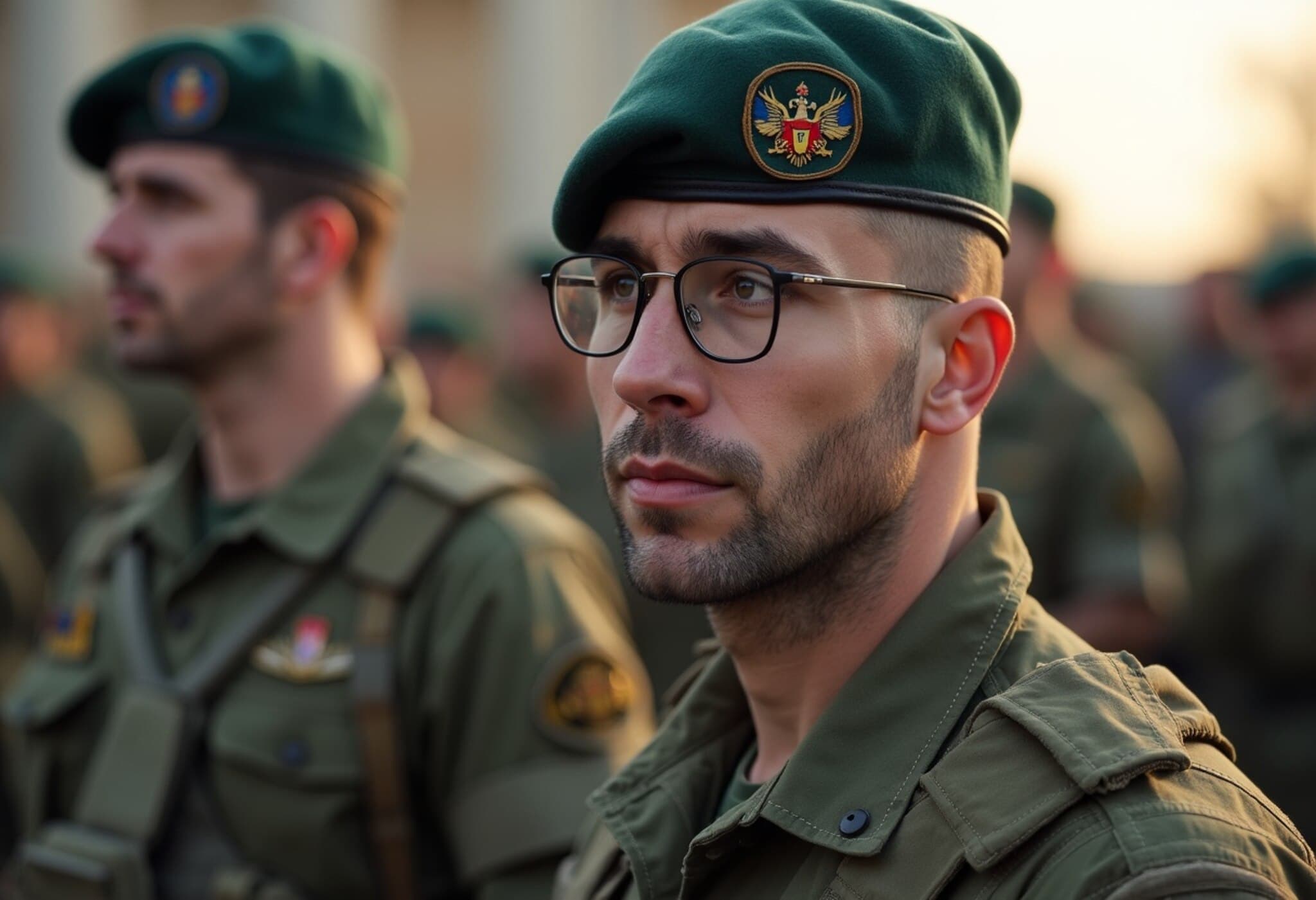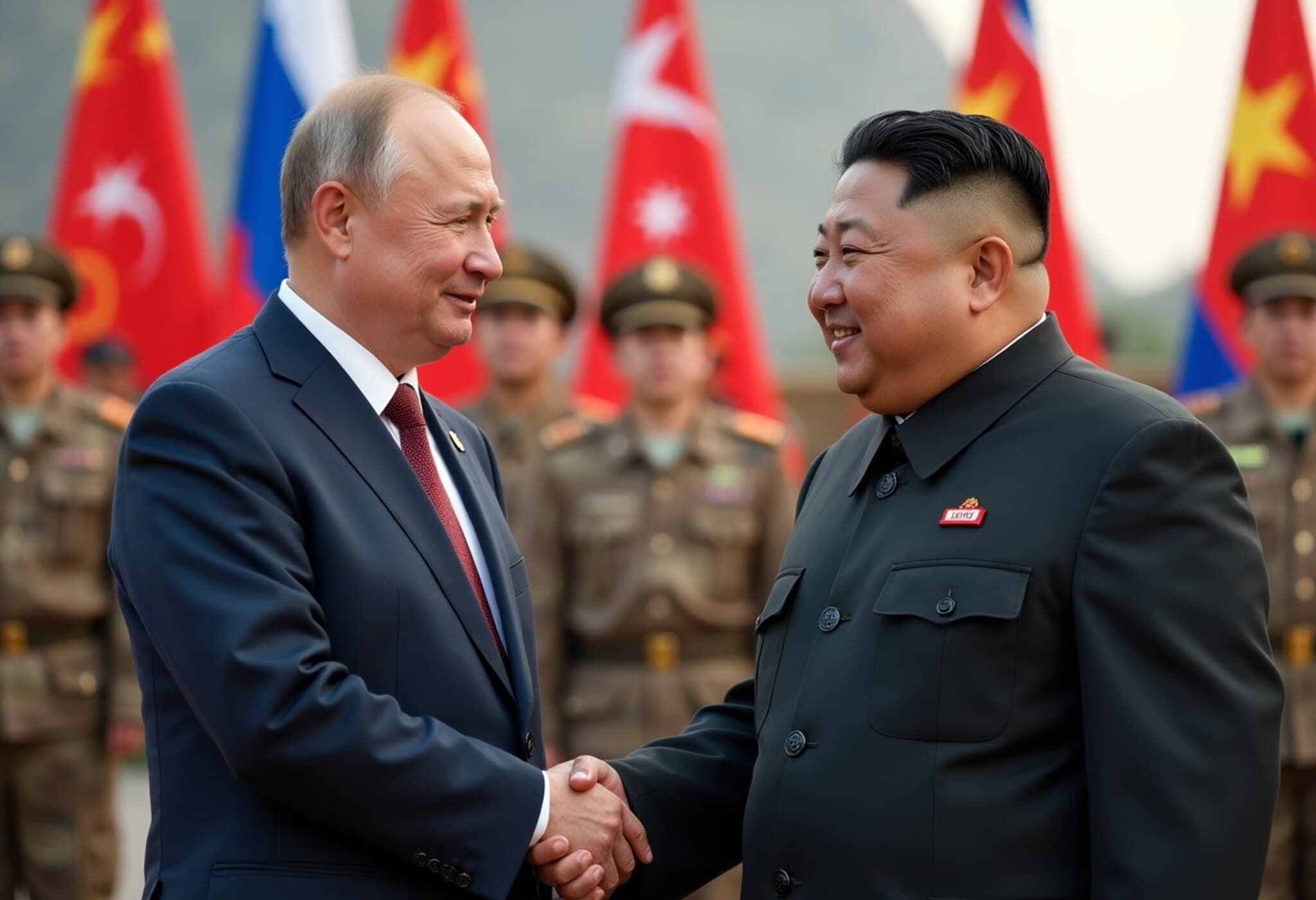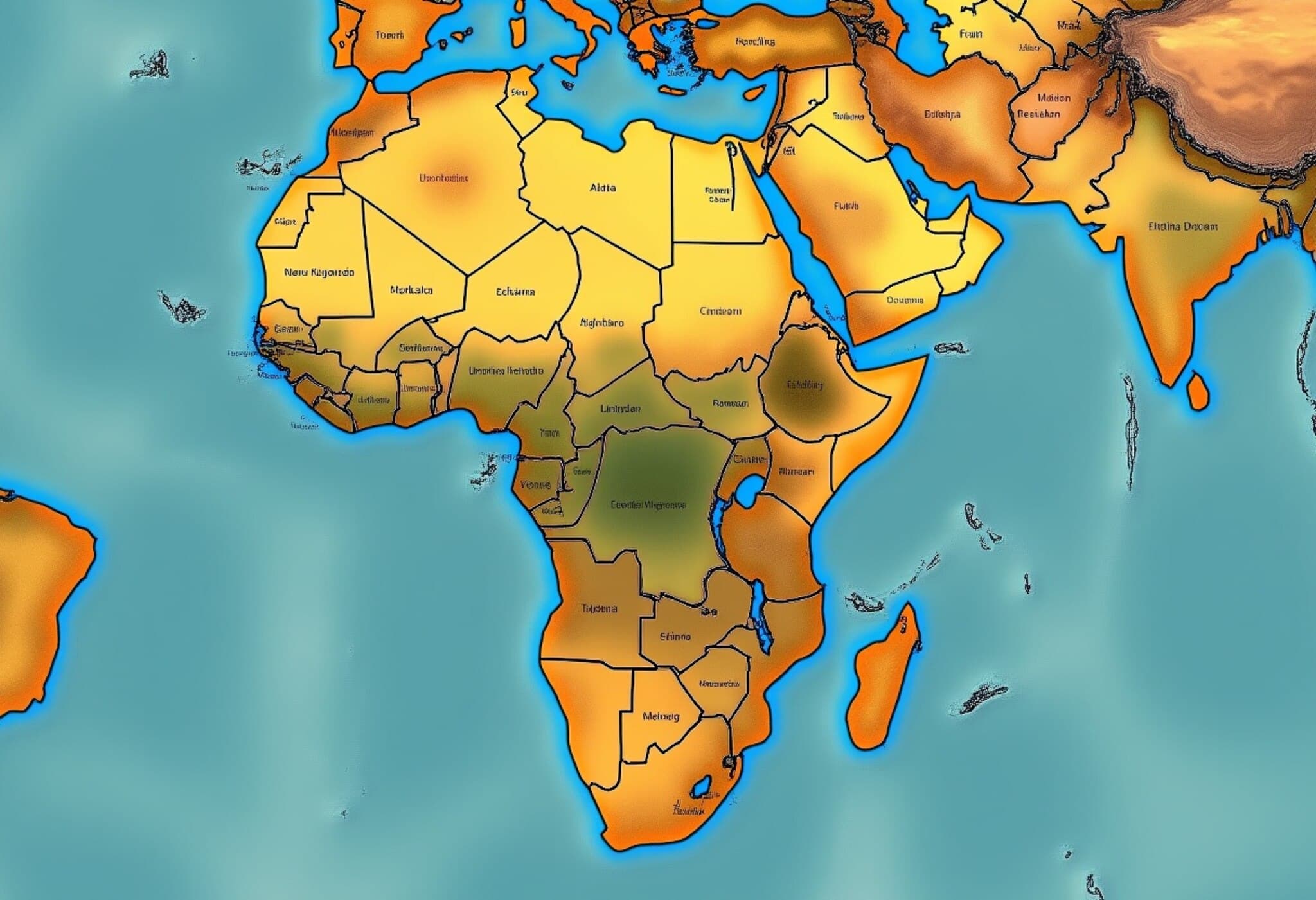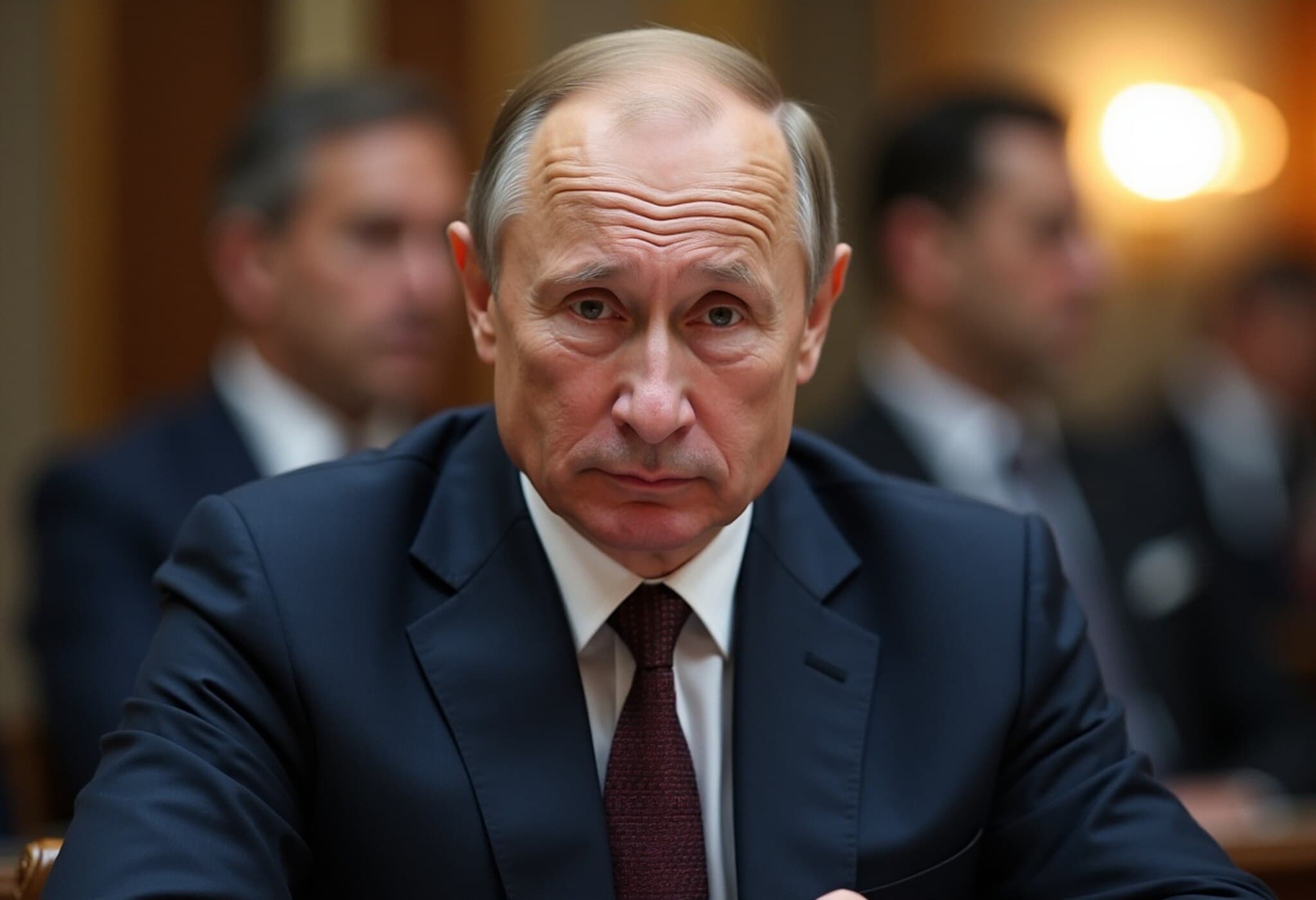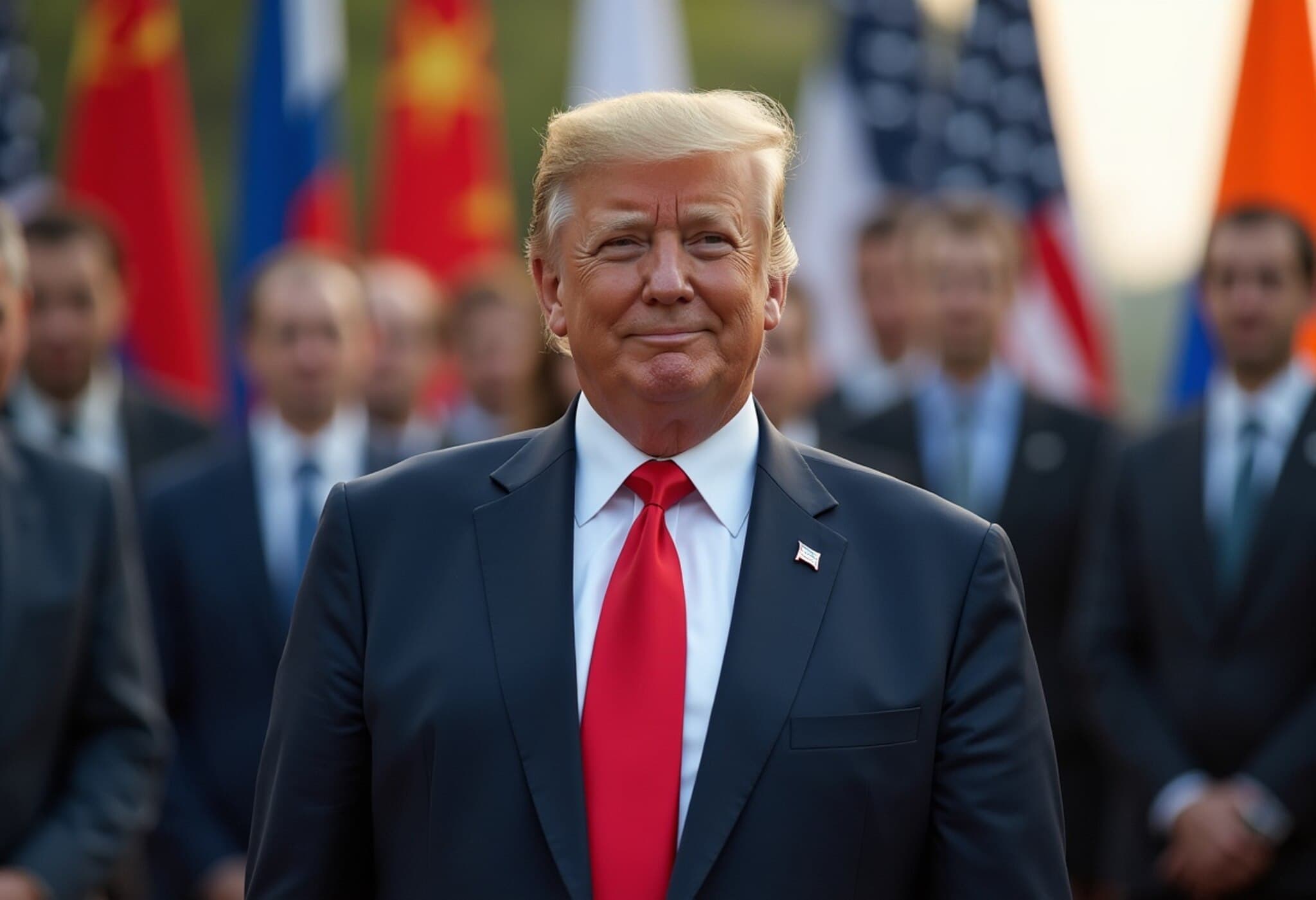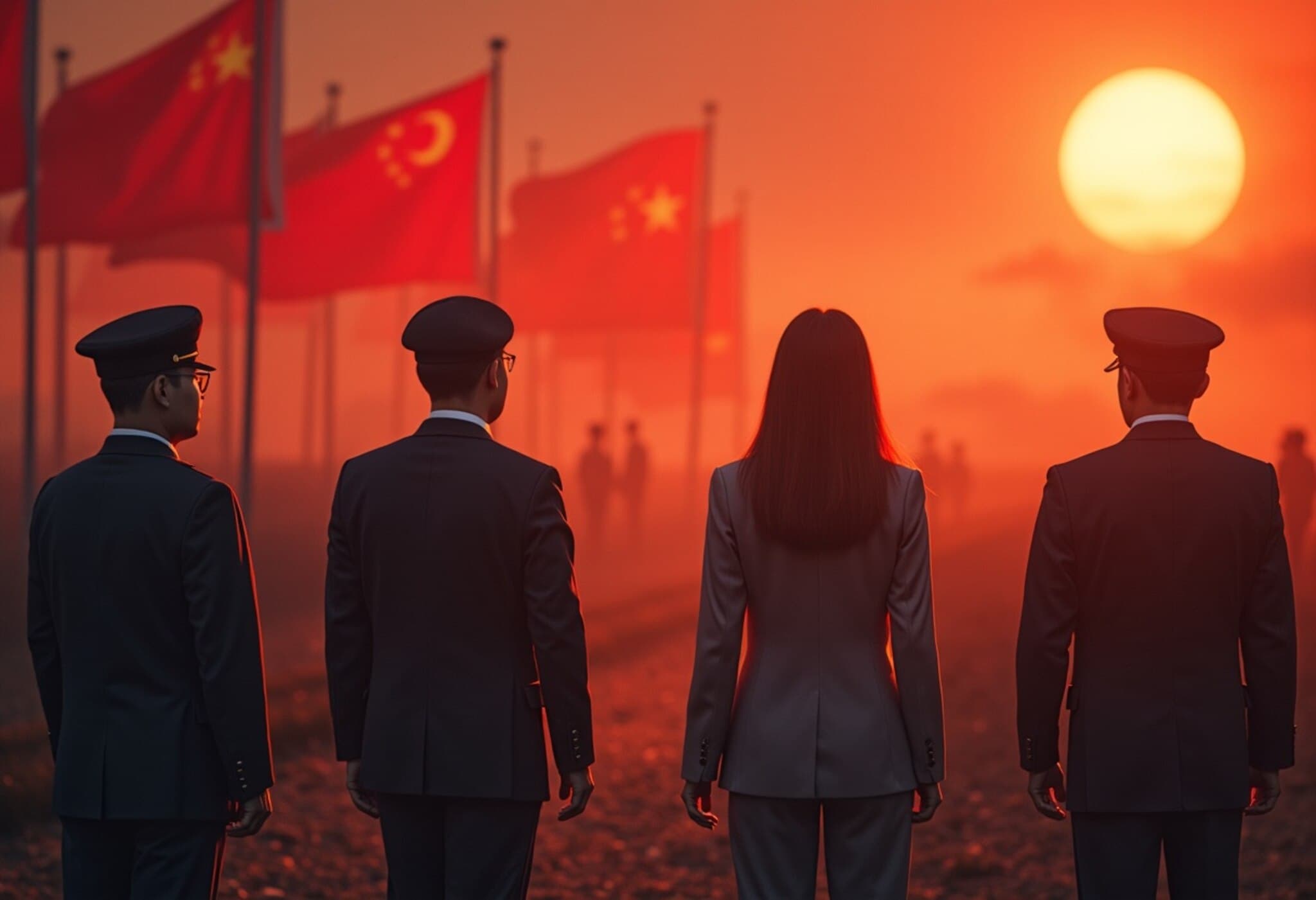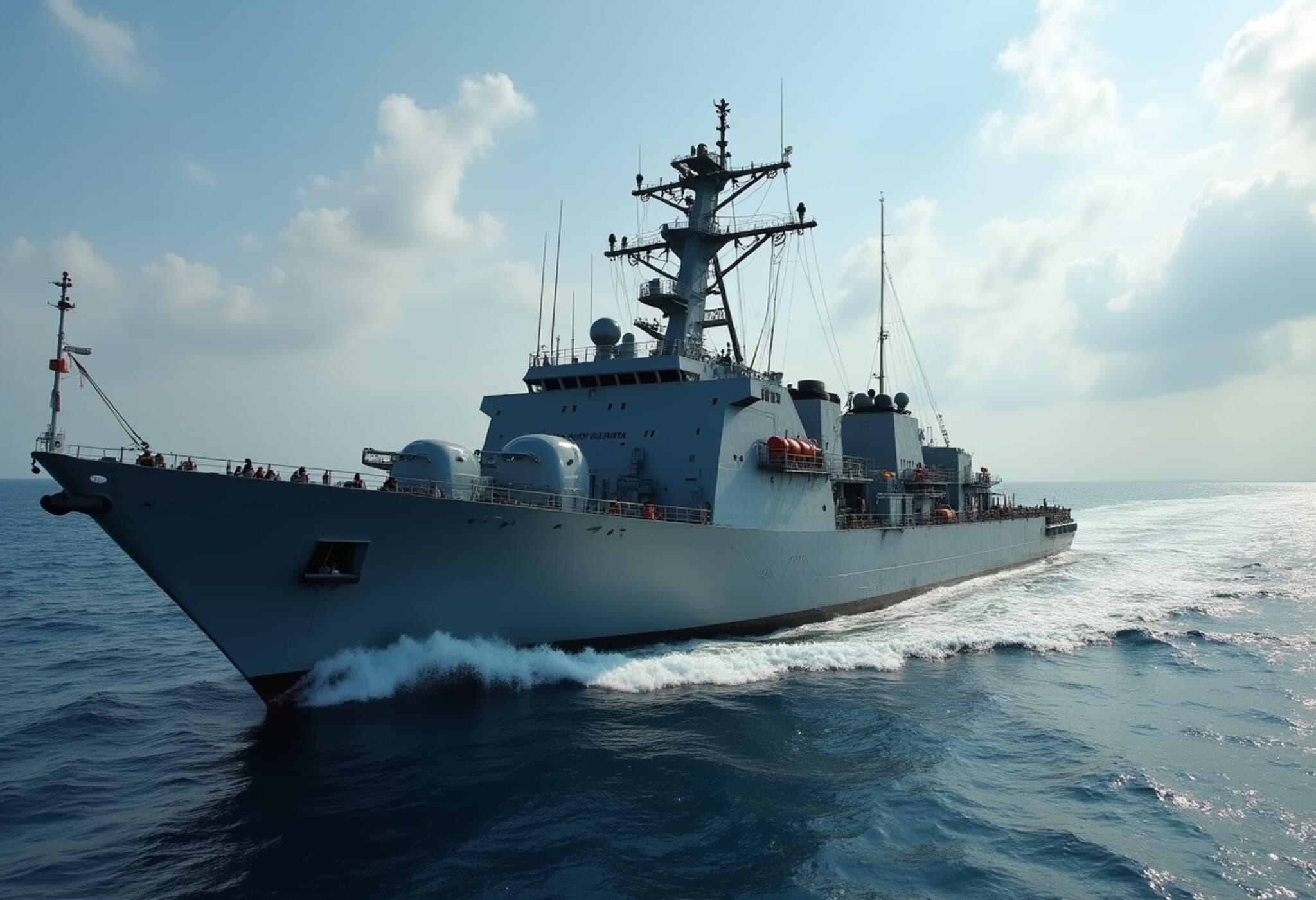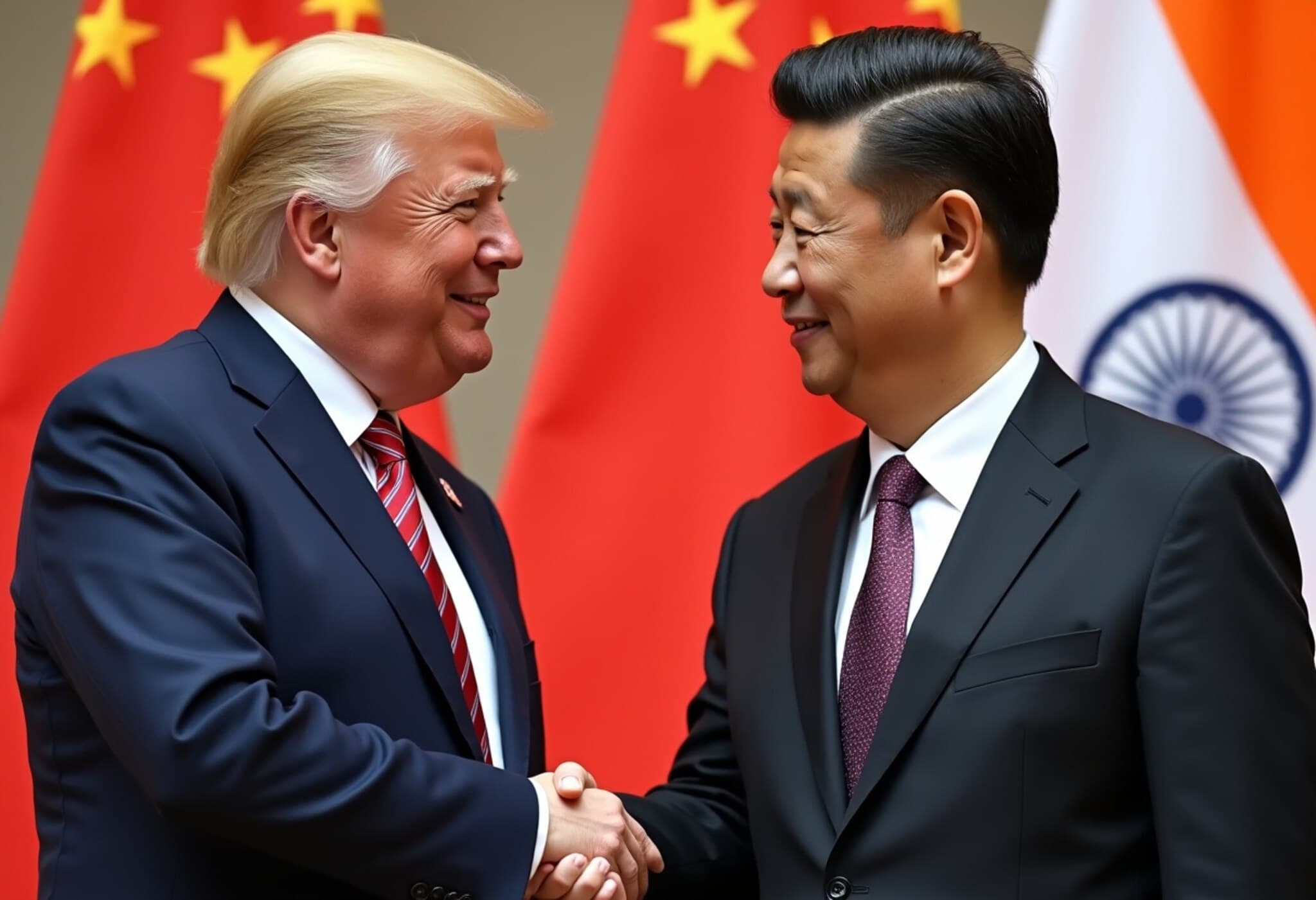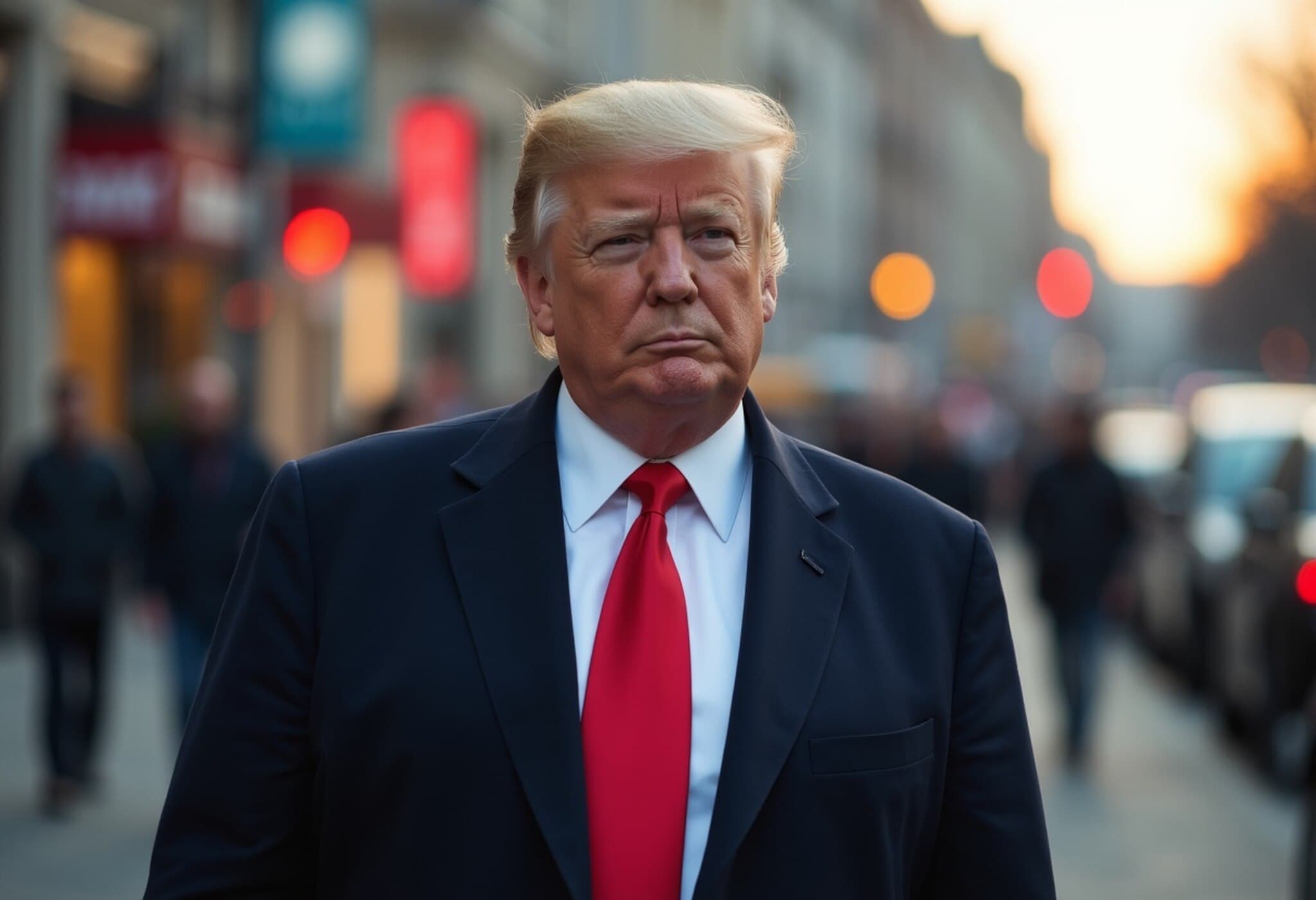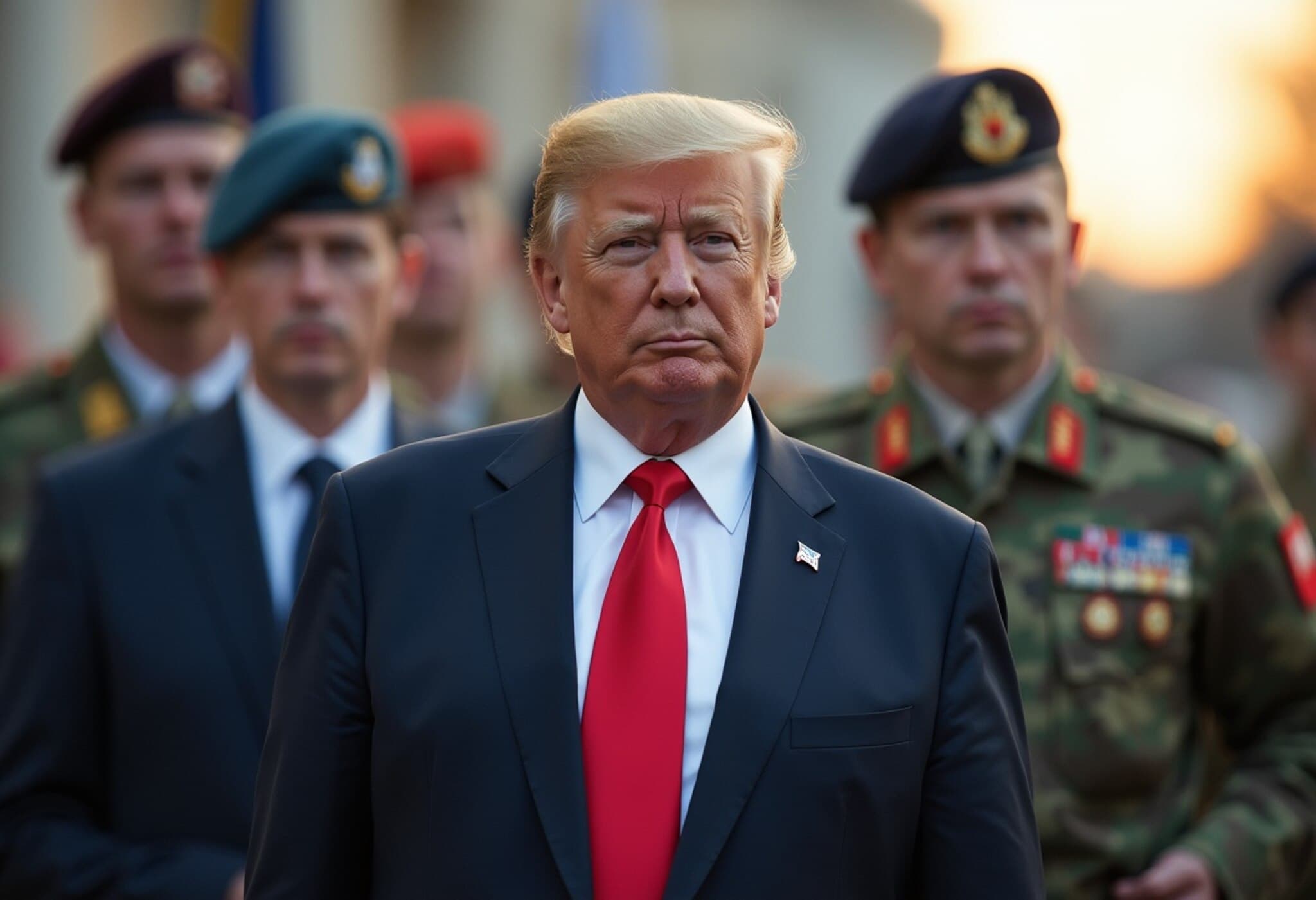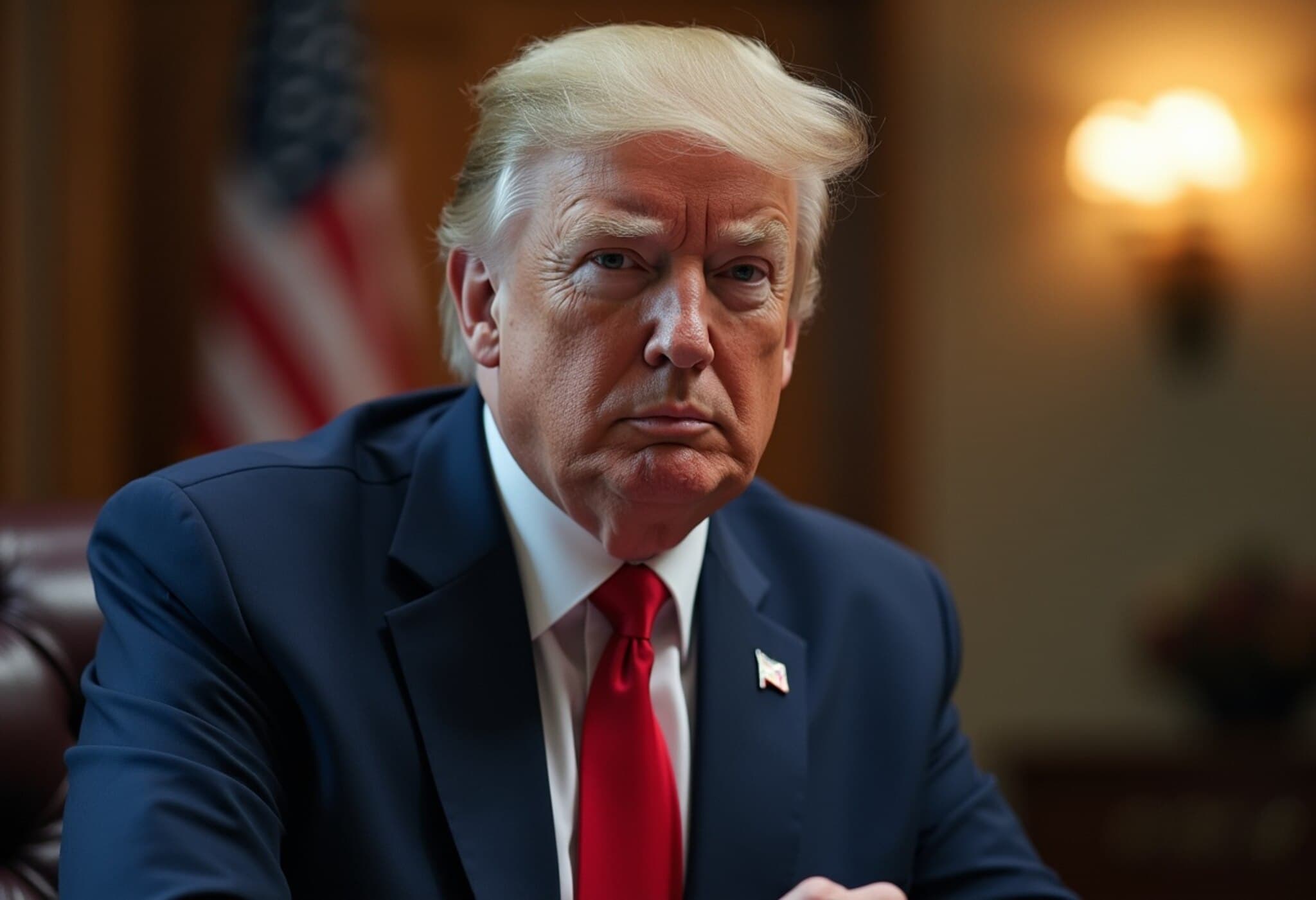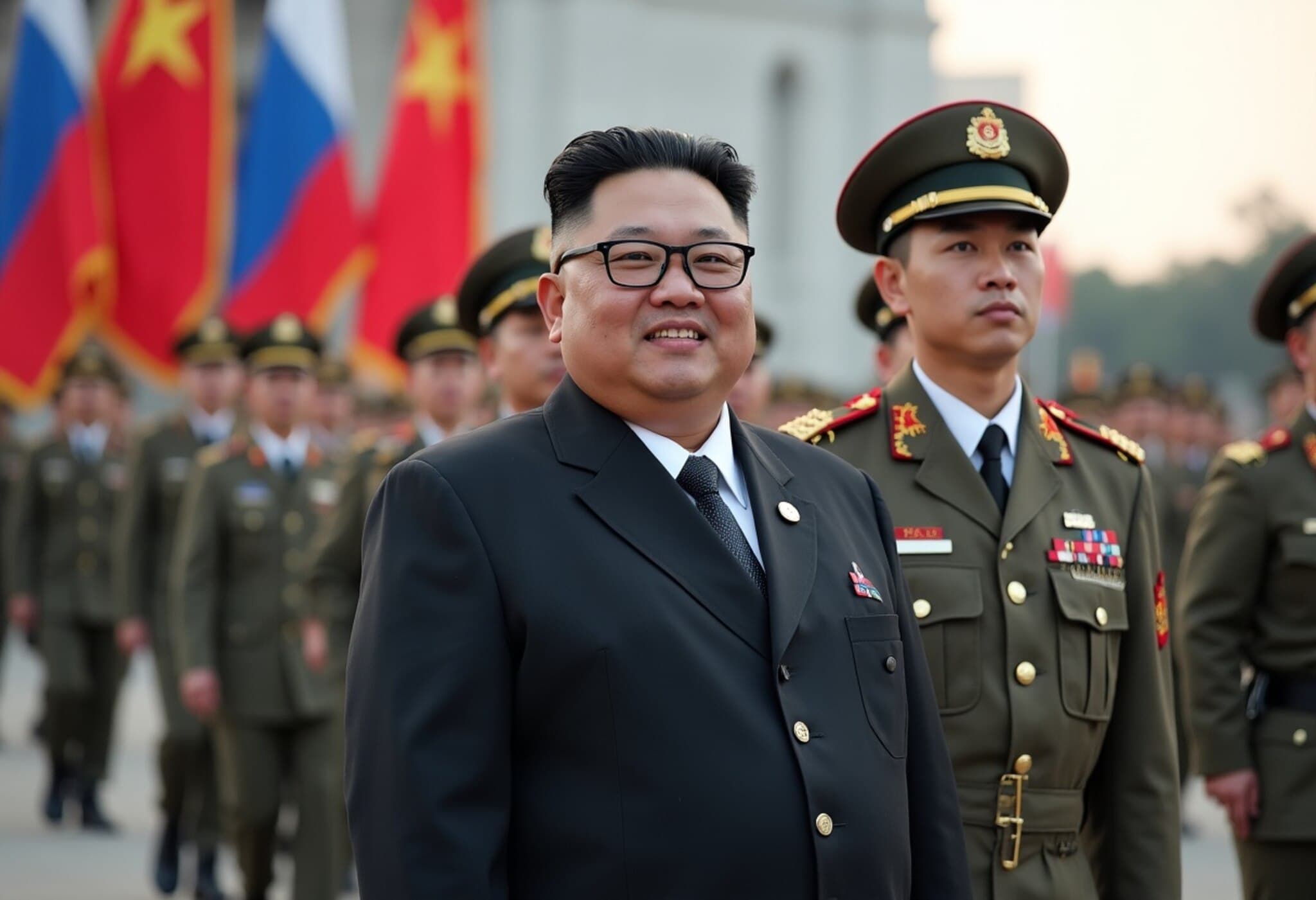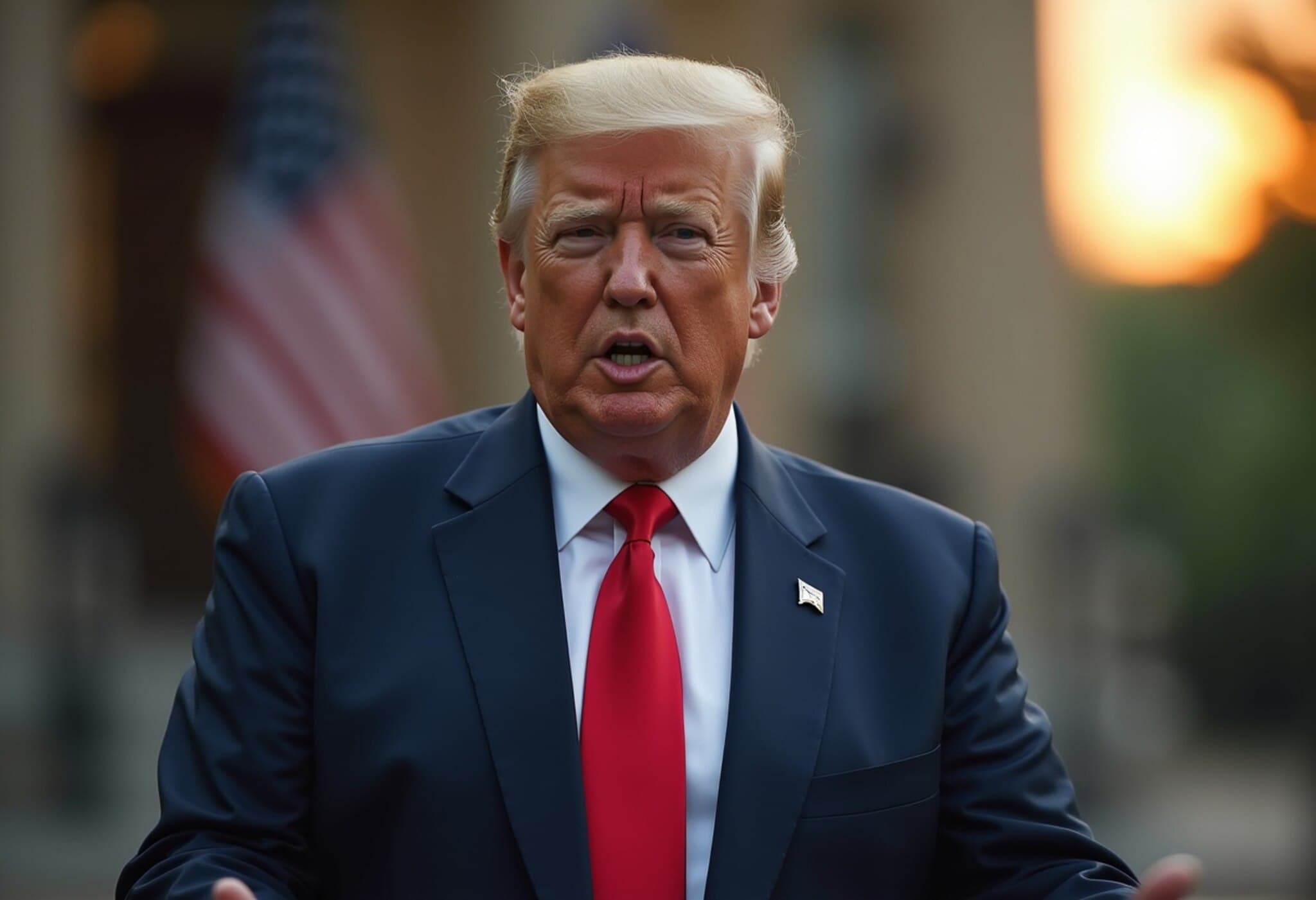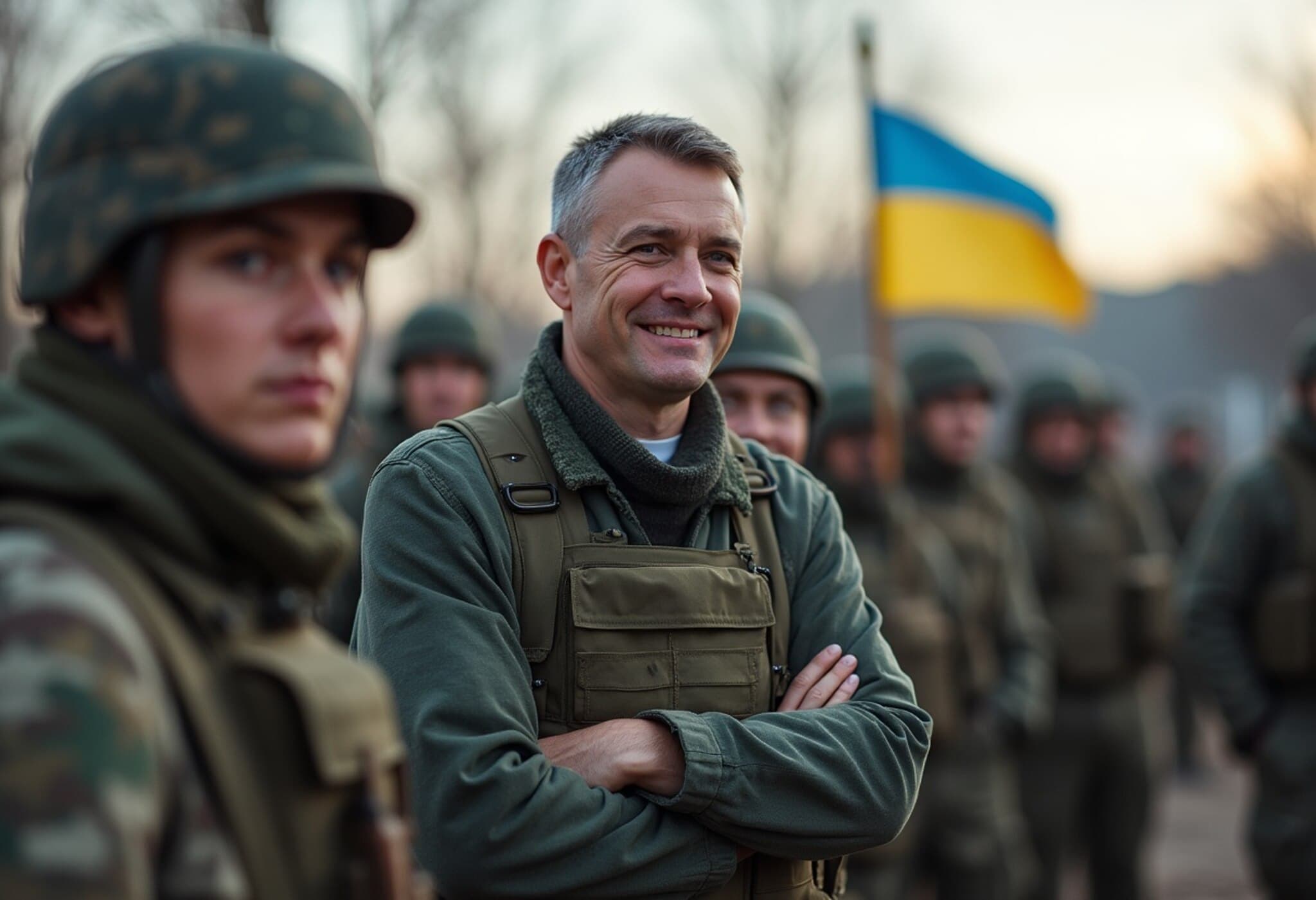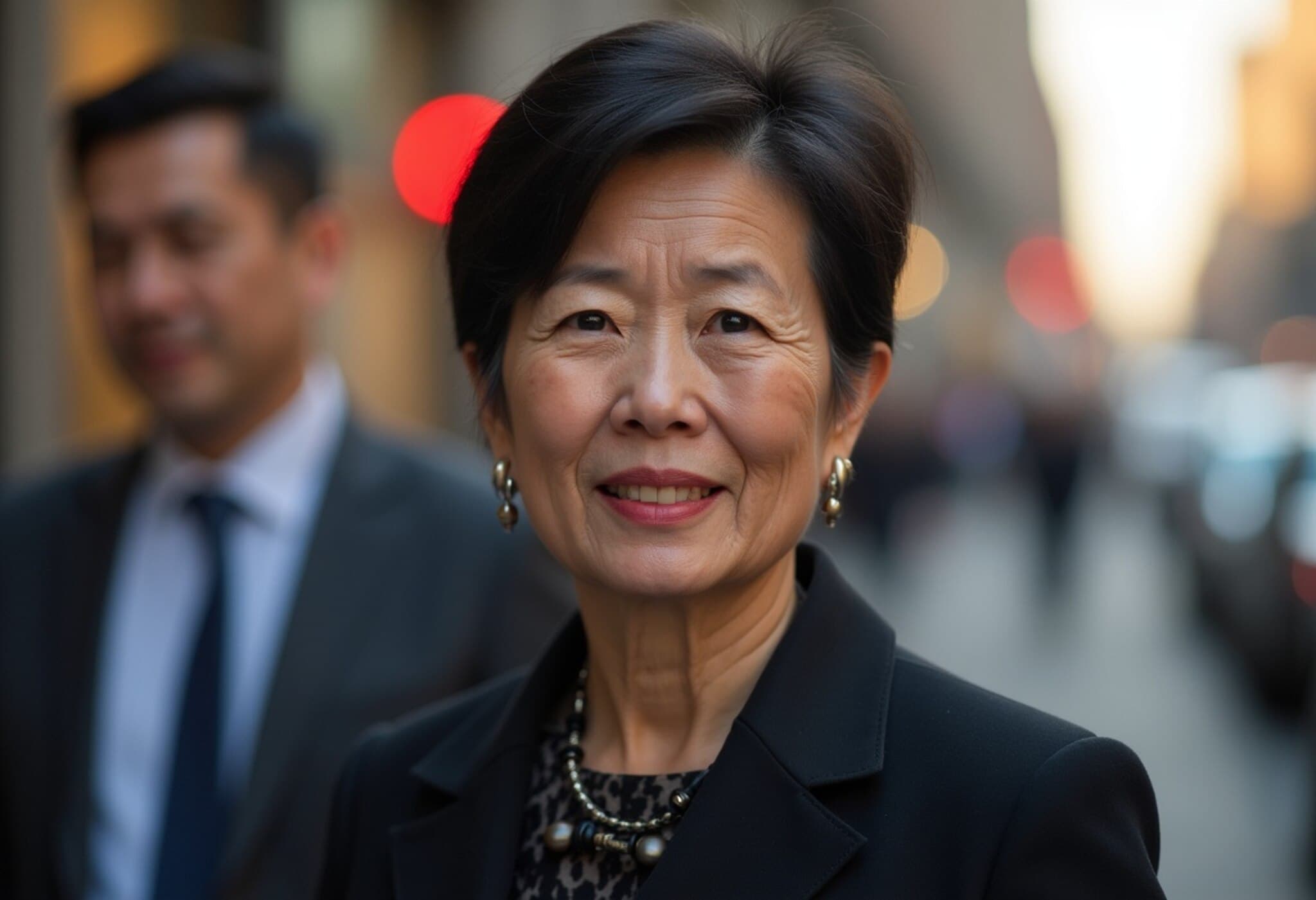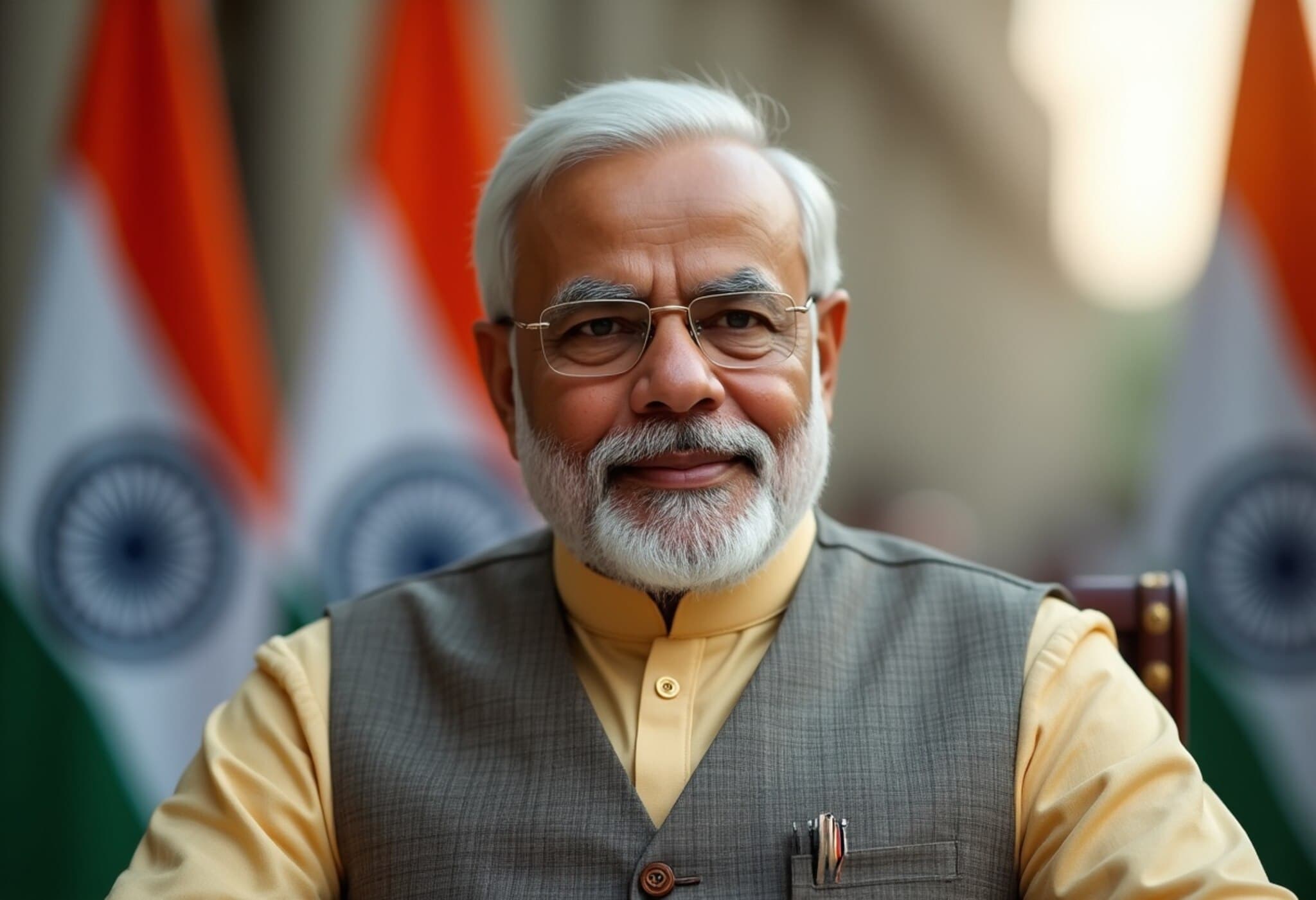An Unexpected Journey: From Texas to the Frontlines of Ukraine Conflict
In a story that reads more like a geopolitical thriller than everyday life, Derek Huffman, an American father from Texas, relocated his family to Russia earlier this year, seeking refuge from what he perceived as the overreach of "wokeness" in U.S. schools. His pursuit of traditional values led him and his family to a village near Moscow under Russia’s "shared values" visa scheme. But instead of finding peace and stability, Huffman now finds himself entrenched near the front lines of the ongoing conflict in Ukraine, despite having no prior military training or fluency in Russian.
Why Did the Huffmans Leave the US?
The catalyst behind this drastic move was an episode at their daughter's school in the United States. Huffman expressed deep unease about his daughter Sophia learning about LGBTQ topics, describing it as the "final straw." The family’s decision illuminates a growing cultural divide in the U.S., where debates over educational content and values continue to polarize communities.
Pursuit of Traditionalism Meets Harsh Realities
The Huffmans initially moved to Istra, a rural area about 25 miles from Moscow, hoping to embrace what they considered to be more traditional, less progressive social norms. They joined only a handful of American families who settled in the so-called "American village," an enclave created by an American expatriate to attract Westerners disillusioned with liberal norms at home.
The Reality of Military Service
Huffman’s story took an unexpected turn when he joined the Russian military. His motivations were partly practical: the military promised expedited citizenship and a non-combat role. However, his wife DeAnna, who documented their experience in a now-deleted YouTube video, revealed that the recruitment process was misleading. Derek was rushed through training courses in Russian—a language he barely understands—and promptly assigned near dangerous frontline positions.
- Lieutenant Huffman: No prior military background but found himself in combat zones.
- Language Barrier: Training conducted in Russian led to confusion and inadequate preparation.
- Unfulfilled Promises: Despite offers of safer positions like welding or war correspondence, he was deployed directly into conflict areas.
- Financial Concerns: The family has yet to receive the military wages initially promised.
Psychological and Emotional Impact
DeAnna described the experience as being "thrown to the wolves," relying heavily on faith to persevere. The family faces isolation in an unfamiliar country, coping with cultural and linguistic barriers while trying to protect their children amid global tensions. Their story resonates as a cautionary tale about the complexities of cross-cultural relocations motivated by ideological beliefs.
Public and Media Response
The Huffmans’ experience has been amplified in Russian state-affiliated media, where Derek framed his military service as a means to earn respect and legitimacy in his new country. He drew stark comparisons to immigration issues in the U.S., emphasizing assimilation and contribution as core values. However, the harsh realities he now faces suggest a gap between rhetoric and lived experience.
Calls For U.S. Government Intervention
Following the family's social media silence and the deletion of their videos, a Telegram group named "Save That Little Girls" has called on the American government to intervene. The desperate plea underscores the challenges faced by American expatriates caught in geopolitical conflicts far beyond their initial intentions.
Lessons and Reflections
The Huffman family’s journey from Texas suburbs to the Russian-Ukrainian war zone highlights:
- How cultural dissatisfaction can drive extreme life decisions with unforeseen risks.
- The dangers of inadequate information and language barriers in foreign military enlistments.
- The broader geopolitical nuances impacting individual lives in today's interconnected world.
- The human cost behind politicized narratives around migration, identity, and national loyalty.
Expert Insight: The Risks of Political Exile
Experts in international migration and military recruitment warn that individuals like Huffman may be vulnerable to manipulation or unintended consequences, especially when dealing with authoritarian regimes. The promise of citizenship or social acceptance can mask exploitative practices, and the lack of support systems for foreign nationals in military service places families at greater risk.
Editor’s Note
Derek Huffman’s story is more than an individual plight; it is a reflection of deep social anxieties and the unintended fallout of polarized cultural landscapes. As debates over education, identity, and national allegiance intensify globally, questions emerge about how individuals navigate these complex terrains and the safeguards necessary when crossing international and ideological boundaries. This case challenges policymakers and communities alike to consider the human stories behind headlines and how to support families caught between competing worldviews and conflicts.

